Drone attacks early on June 30 hit an air base in eastern Libya used by Russia's Wagner paramilitary group, but there were no casualties, a military official told AFP news agency.
The source of the overnight attacks on Al-Kharruba air base, about 150 km southwest of Benghazi (Libya's second largest city), was "unknown", the official said.
The base that was attacked was “home to members of the Wagner group,” the official said, adding that “there were no victims.”
Libya has been torn by more than a decade of relentless conflict since the 2011 uprising that toppled dictator Moamer Kadhafi, which has also attracted many foreign powers.
The North African nation remains divided between a nominal interim government in the capital Tripoli in the west, and another in the east of the country backed by General Khalifa Haftar.
Along with fighters from Chad, Sudan, Niger and Syria recruited as mercenaries, the Wagner group is helping General Haftar.
Wagner soldiers remain active in oil-rich eastern Libya as well as the south of the country, although some have left to fight in Mali and Ukraine.
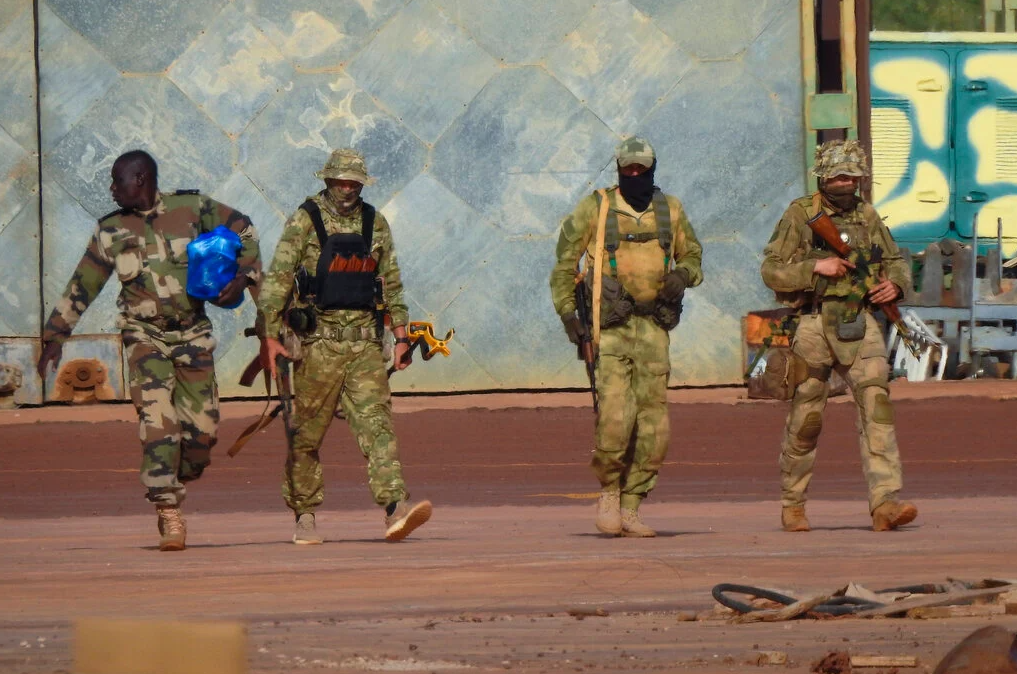
Although Wagner's combat operations in Libya only began in the summer of 2019, its non-combat operations began several years earlier. Photo: FMT
Following the failed coup attempt by Wagner Group boss Yevgeny Prigozhin in Russia, Russian Foreign Minister Sergei Lavrov has moved to reassure allies in Africa that the thousands of Wagner group fighters deployed to the continent will not be withdrawn.
Although Wagner's combat operations in Libya only began in the summer of 2019 in support of the military offensive by General Haftar's Libyan National Army (LNA) to capture Tripoli and dislodge the forces of the internationally recognized Government of National Accord (GNA), Wagner's non-combat operations began several years earlier.
Russia’s presence in Libya began after the African country’s civil war in 2014 and subsequent political and institutional divisions. From 2015 to 2019, Wagner Group’s activities in Libya focused on security-related projects such as training on the use and maintenance of Russian and Soviet weapons systems, including advanced air defense and command and control systems, as well as mine clearance services for the LNA in Benghazi and Derna.
Additionally, Wagner affiliates have sought to develop business and cultural links with stakeholders and communities in Libya by sending experts and social scientists to Libya to conduct field research, interviews, and focus groups with local leaders and communities .
Minh Duc (According to Al Arabiya, Al Monitor, The Guardian)
Source






![[Photo] 60th Anniversary of the Founding of the Vietnam Association of Photographic Artists](/_next/image?url=https%3A%2F%2Fvphoto.vietnam.vn%2Fthumb%2F1200x675%2Fvietnam%2Fresource%2FIMAGE%2F2025%2F12%2F05%2F1764935864512_a1-bnd-0841-9740-jpg.webp&w=3840&q=75)
![[Photo] National Assembly Chairman Tran Thanh Man attends the VinFuture 2025 Award Ceremony](/_next/image?url=https%3A%2F%2Fvphoto.vietnam.vn%2Fthumb%2F1200x675%2Fvietnam%2Fresource%2FIMAGE%2F2025%2F12%2F05%2F1764951162416_2628509768338816493-6995-jpg.webp&w=3840&q=75)
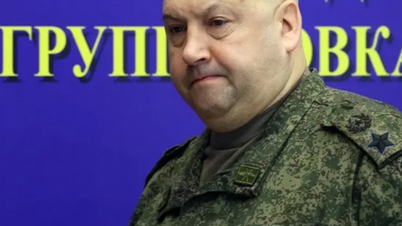
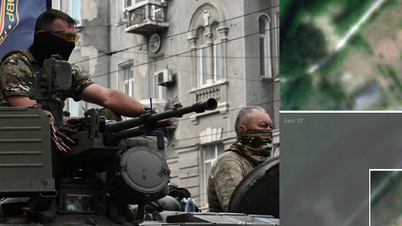
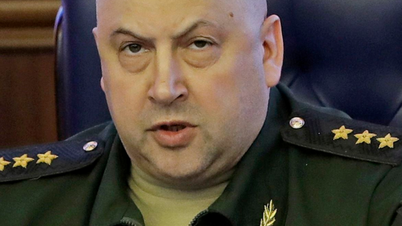
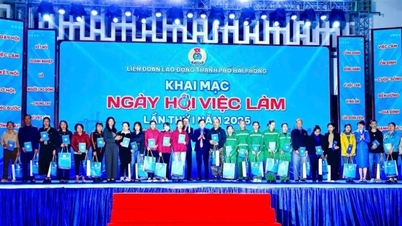


![[VIDEO] Save the Children helps children in Bac Ninh return to life soon after natural disasters](https://vphoto.vietnam.vn/thumb/402x226/vietnam/resource/IMAGE/2025/12/06/1765004276755_cu-u-tro-bn-2-cover20251206131142.jpeg)
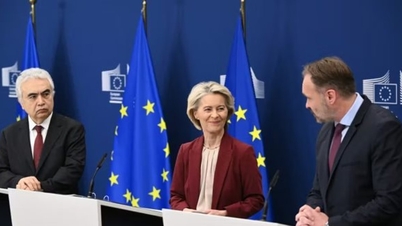


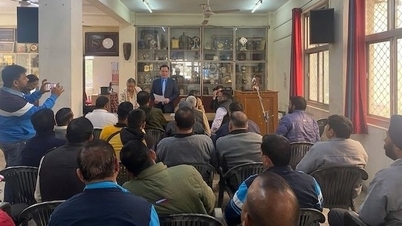





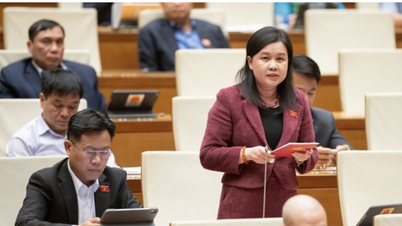
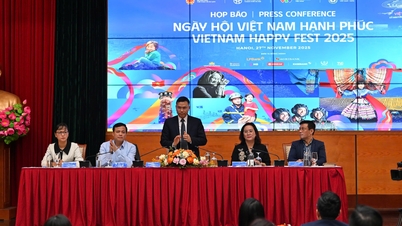














































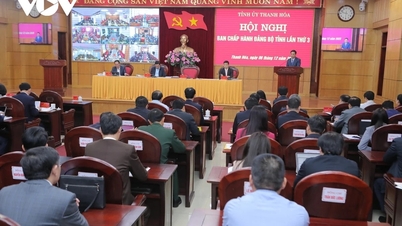






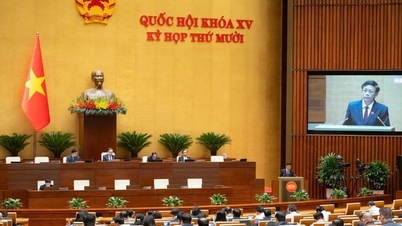




















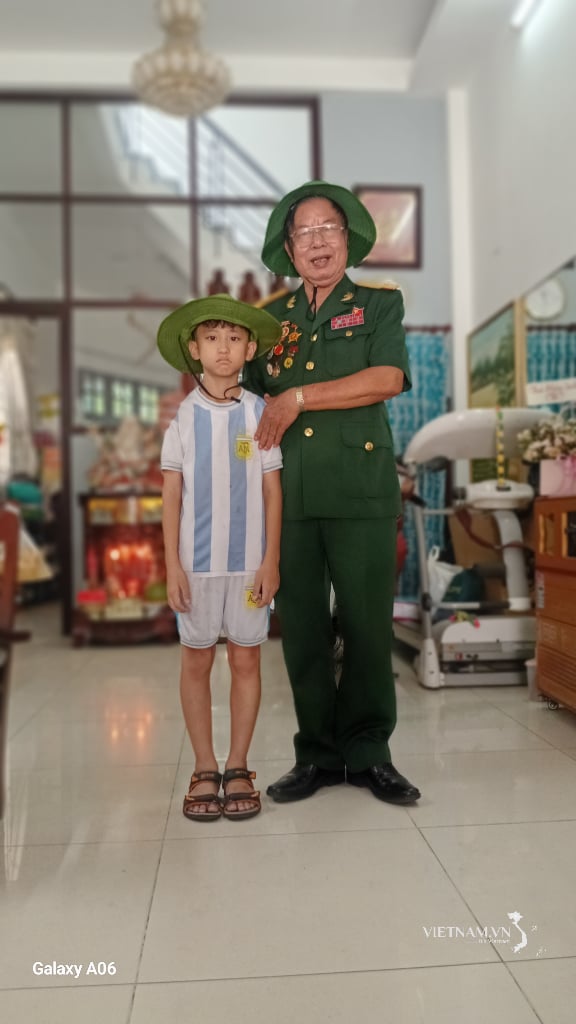

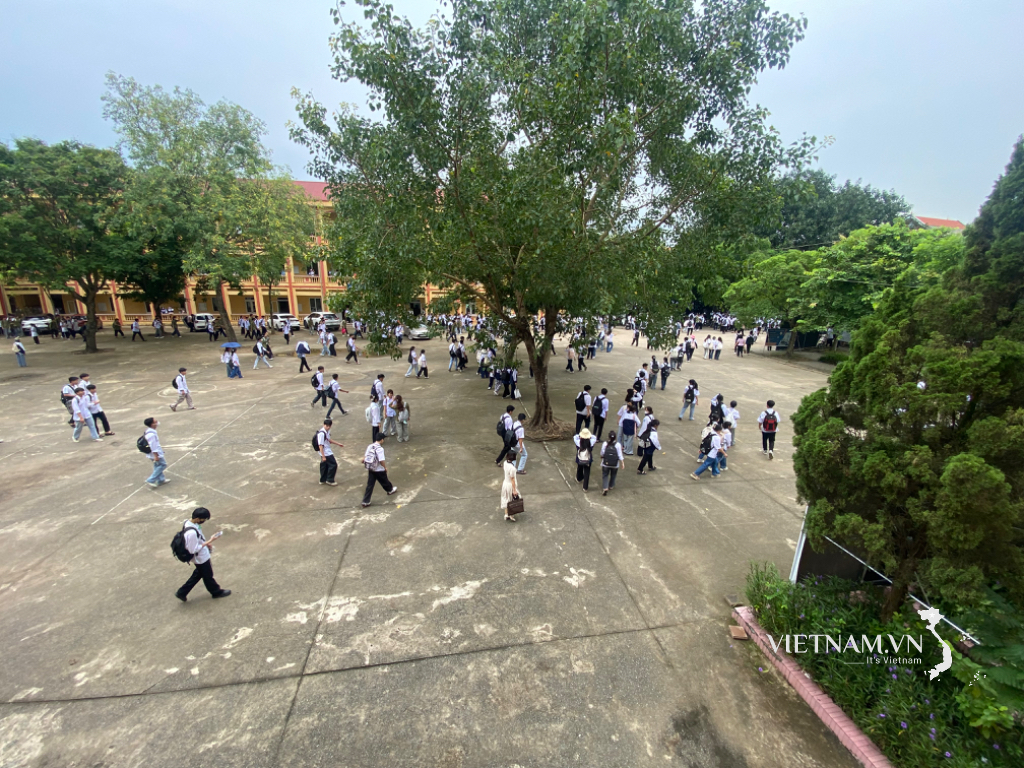





Comment (0)